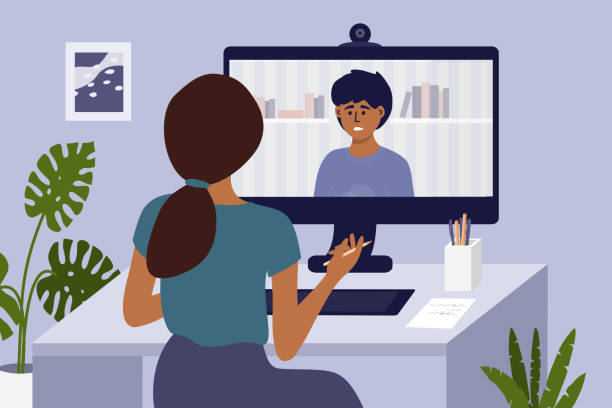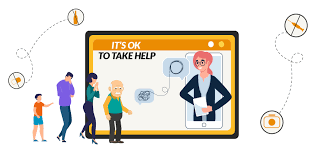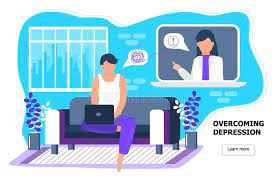About
What is Health Bliss
Provided by the Department of Health, Health Bliss brings together apps, online programs, online forums, and phone services, as well as a range of digital information resources.
- Evidence-based apps and online programs that can help you build personal skills and track progress
- Dedicated online forums and other peer support services where you can talk to people with similar experiences
- Phone, chat, and email services, if you're looking for confidential, professional support
- Mental health websites created to give you detailed information and advice on specific mental health topics
Digital mental health resources are particularly beneficial for people with or at risk of mild to moderate mental health difficulties, or people supporting someone with mental health issues. Quality digital resources are convenient, accessible, and private. They can be used as standalone supports, or in combination with face to face therapies. If you need or prefer to talk to a health professional in person for specific advice and assistance, we recommend to find professionals near you.
Learn MoreMental health and COVID-19
Discussions and concerns around the coronavirus outbreak and practising self-isolation can be stressful and it can impact our mental health and wellbeing. It’s normal to feel a range of emotions, such as stress, worry, anxiety, boredom, or low mood. Many people feel distressed and overwhelmed by the constant news and amount of information about the situation.
- Managing financial stress
- access mental health services
- Protecting our elderly
- Hear from mental health experts
Economic hardship and financial stress can take a serious toll on our mental health and wellbeing. Other aspects of your life might also be affected, which in turn can impact your ability to cope during an already challenging period. While it is normal to feel anxious and worried during uncertain times, it is important to take steps to protect your mental health and wellbeing.
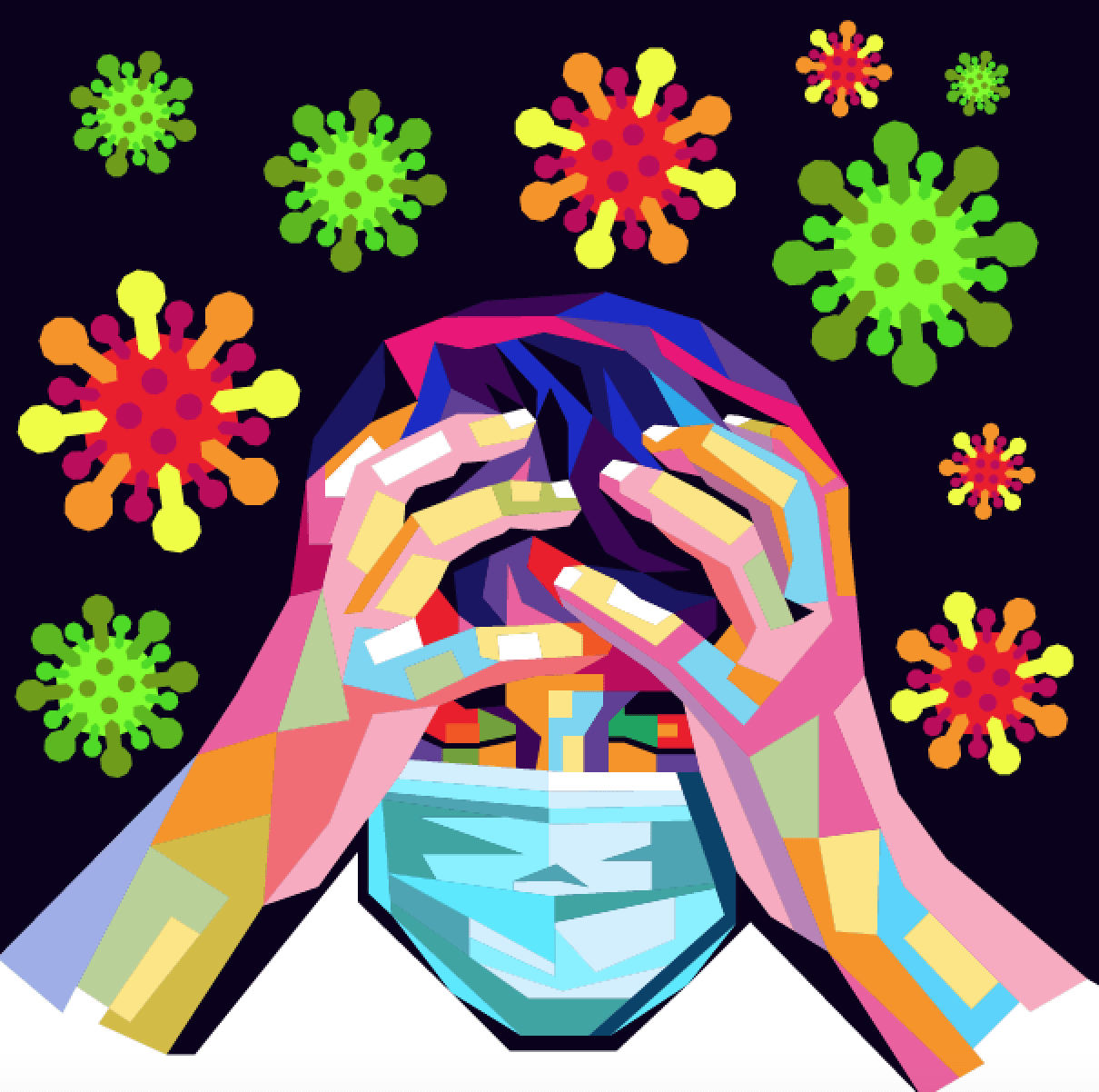
Mental health conditions and disorders
Mental illness, also called mental health disorders, refers to a wide range of mental health conditions — disorders that affect your mood, thinking and behavior. Examples of mental illness include depression, anxiety disorders, schizophrenia, eating disorders and addictive behaviors
- Anxiety disorders
- Bipolar and Realted disorders
- Drugs, alcohol, and other substance-related or addictive disorders
- Anxiety disorders
- Obsessive-compulsive and related disorders
- Trauma and stress-related disorders
if you have any signs or symptoms of a mental illness, see your primary care provider or a mental health professional. Most mental illnesses don't improve on their own, and if untreated, a mental illness may get worse over time and cause serious problems.

Supporting yourself
Taking good care of yourself is paramount to the success of your recovery process. People in recovery find that their physical, spiritual, and emotional health are all connected, and that supporting one supports the others. Taking care of all aspects of you will increase the likelihood that you stay well.
- Talk to people with similar experiences
- Talk to a professional online
- Find ways to relax
- Try to do something you enjoy every day
Laughing decreases pain, may help your heart and lungs, promotes muscle relaxation, and can reduce anxiety.A longer life. People with strong social and community ties were two or three times less likely to die during a 9-year study.

Supporting Someone else
Mental health problems can be complex. There are many individual differences in the symptoms and how each person responds to different treatment options. However, as with a physical illness, a person with a mental health condition will benefit from the right treatment and support. Having someone to lean on while working through this experience can reduce stress and help them on the road to recovery.
- This page gives a brief overview, and at the bottom you’ll find some websites where you can go for more detailed information and advice.
- You are not alone; other people have experienced what you are experiencing. Below you’ll find some forums where you can learn from people with similar experiences. .
- Ullamco laboris nisi ut aliquip ex ea commodo consequat. Duis aute irure dolor in reprehenderit in voluptate trideta storacalaperda mastiro dolore eu fugiat nulla pariatur.
Research confirms that support from family and friends is a key part of helping someone who is going through a mental illness. This support provides a network of practical and emotional help. These networks can be made up of parents, children, siblings, spouses or partners, extended families, close friends and others who care about us like neighbours, coworkers, coaches and teachers.
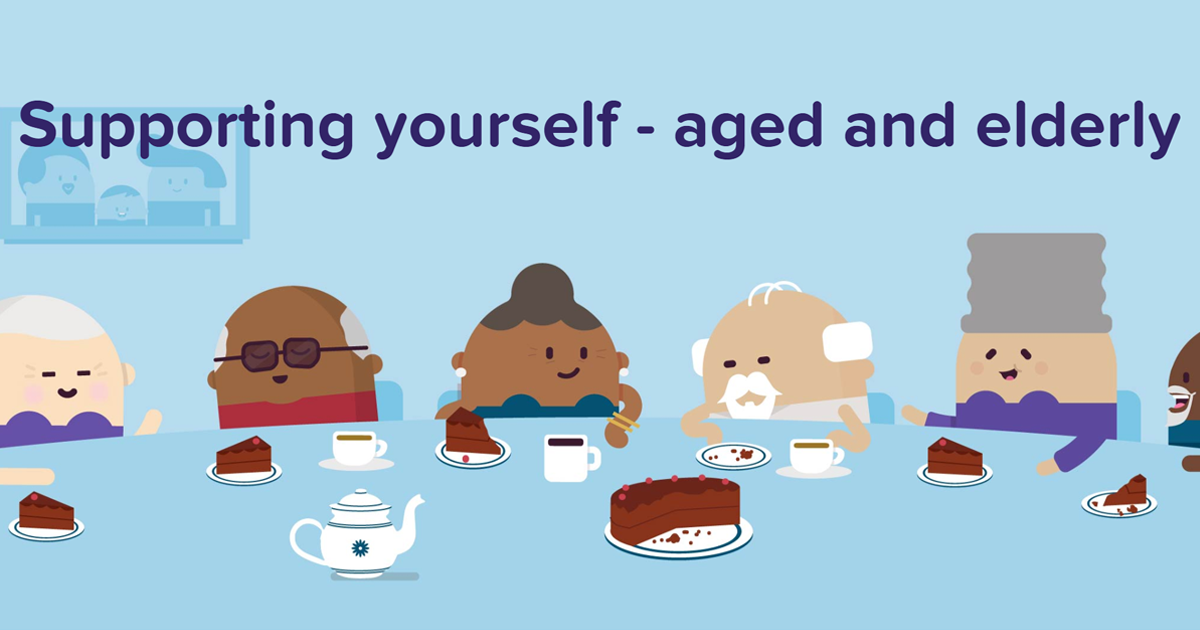

Phone , Email
Ministry of Health and Family Welfare Government of India 24/7 telephone support service providing free, immediate, short-term counselling and advice for those feeling worried or struggling to cope during the coronavirus pandemic. Time: Anytime, Anywhere
Services
Covid 19 Support
The Facts ⟶
There is a lot of misinformation about COVID-19 so it’s important to check that the information is a reliable resource from the World Health Organization or your government health authority.
Psychological tips ⟶
Learning to cope with stress in a healthy way will make you, the people you care about, and those around you become more resilient.
Impacts on everyday life ⟶
COVID-19 has kept us apart from our family, friends, and culture. We feel supported when we stay connected to each other. Health Bliss can help you find online and phone support.
Support for Older people ⟶
Older people face significant risk of developing severe illness if they contract the disease due to physiological changes that come with ageing and potential underlying health conditions.
If You Need Medical Care ⟶
You can most likely treat them at home, the way you would for a cold or the flu. Most people recover from COVID-19 without the need for hospital care
No Health without Mental Health ⟶
The first and foremost reason for India to lose its mental health is the lack of awareness and sensitivity about the issue. There is a big stigma around people suffering from any kind of mental health issues.
Healthacare Solutions
Health Bliss Interactive Mental Health Providers
- All
- Therapist
- Psychiatrist
- Psychologist
Health Bliss Highlights
Most Read
In small doses, stress can help you stay energized and focused. But when it’s chronic or overwhelming, it can damage your health, productivity, and well-being. Learn the warning signs and what you can do to protect yourself.
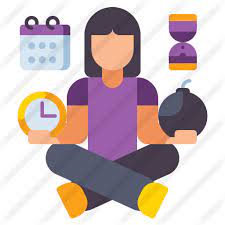 Stress Management
Stress Management
Stress Management
Emotions are powerful. They can override thoughts and profoundly influence behavior. Emotional intelligence (EQ) allows us to harness that power to understand ourselves, break bad habits, and relate to others better.
 Emotional Intelligence
Emotional Intelligence
Emotional Intelligence
Do you have trouble connecting or getting yourself heard? These articles will teach you the skills you need to communicate more clearly and effectively with your romantic partners, family, friends, boss, and coworkers.
 Communication
Communication
Communication
Looking after your emotional well-being is just as important as caring for your physical health. By actively nurturing wellness, you’re better able to handle life’s challenges and bounce back when bad things happen.
 Wellbeing & Happiness
Wellbeing & Happiness
Well-being & Happiness
Caring for a pet can have a profound impact on your mental and physical health. Domestic animals provide love and companionship, encourage activity, and can help ease stress, anxiety, and depression. They can also bring joy to even the darkest day.
 Pets
Pets
Pets
Services
Mental health difficulties
Anxiety
- Cognitive Behavioural Therapy
- Exposure Therapy
- Relaxation Techniques
- Medication
- Staying Active and Working out
Depression
- Eat Healthy
- Get enough sleep
- Challenge negative thoughts.
- Lifestyle Changes
- Help Someone Else
Bipolar affective disorder
- Brain-stimulation treatments
- Psychotherapy
- Medications
- Electroconvulsive Therapy
- Behavioral therapy
Obsessive Compulsive disorder
- Slow Breathing Techniques
- Hyperventilation Control
- Exposure and Response Prevention
- Cognitive Behavior Therapy
Services
Supporting yourself and someone else
Talk about your feelings
Talking about your feelings can help you stay in good mental health and deal with times when you feel troubled.
Keep active
Regular exercise can boost your self-esteem and can help you concentrate, sleep, and feel better. It is also a significant benefit towards improving your mental health.
Ask for help
If things are getting too much for you and you feel you can’t cope, ask for help. Your family or friends may be able to offer practical help or a listening ear.
Fact sheets
Our evidence-informed fact sheets are suitable for anyone trying to find out more information about mental health conditions, treatments and wellbeing
Listen and validate
Emotional validation is the process of learning about, understanding, and expressing acceptance of another person’s emotional experience.
Talk to them about how they feel
A good first step is talking to them and finding out how they’re feeling. Just let them know you’re there when they need you
Contact
Get in touch
Location:
Hosur Road,Bengluru, Karnataka - 5600029
Email:
ms@nimhans.ac.in
Call:
080 - 26995000

